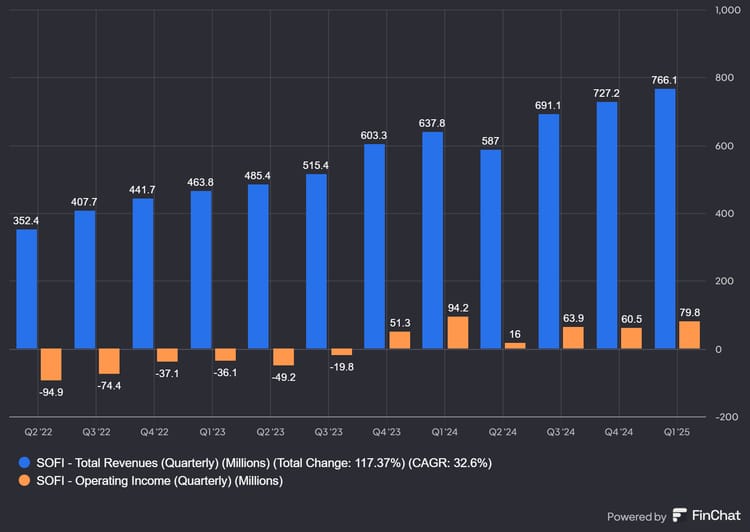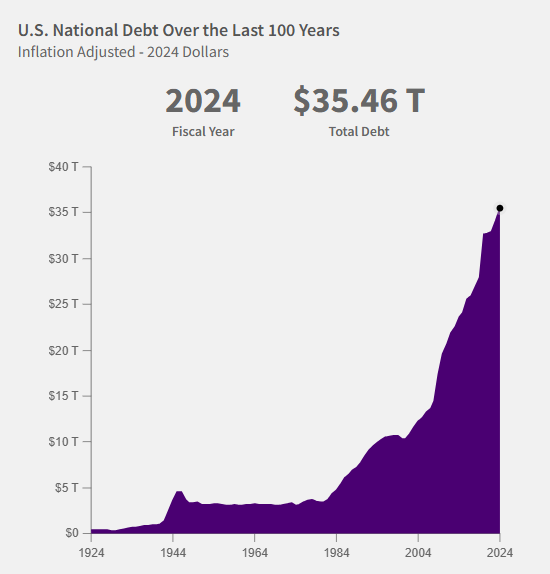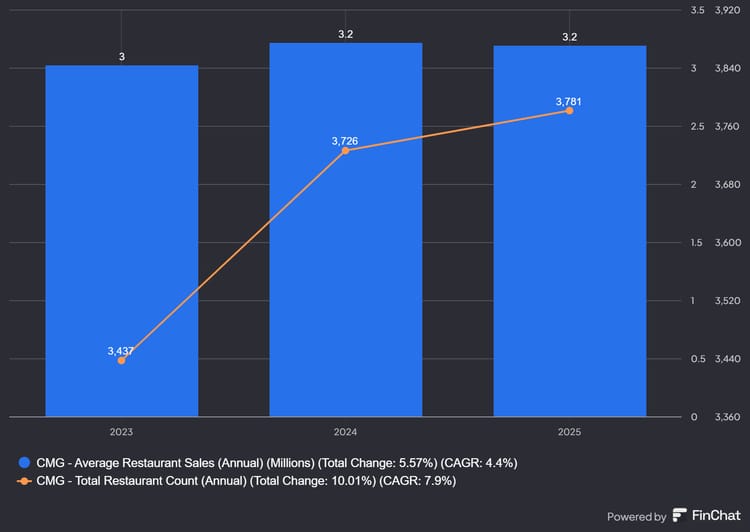Stocks Or Index Funds - Here is the Answer

Stock Picking vs. Index Funds: Finding Your Investment Fit
Navigating the world of investing can feel like standing at a crossroads: do you dive into the dynamic world of stock-picking or take the steady path of index fund investing? My brother recently opened a brokerage account and chose to invest in $VOO, an S&P 500 index fund, while I’ve spent years curating a portfolio of individual stocks like $TSLA, $NVDA, and $SHOP. Both approaches have their merits, but how do you know which one suits you best? Let’s explore the key considerations to help you decide.
1. Risk and Reward
Stock-picking is a high-stakes game. By selecting individual companies, you’re banking on their success, which can lead to significant gains—or losses. For example, my $NVDA position has soared thanks to the AI boom, but a single earnings miss could send it tumbling. The concentrated nature of stock-picking amplifies both upside and downside.
Index funds, like $VOO, offer a smoother ride. By tracking a broad market index, they spread risk across hundreds of companies. If one stock falters, others can cushion the blow, resulting in more predictable performance. However, this stability often comes at the cost of missing out on the explosive growth of a standout stock.
Which fits you?
If you’re comfortable with volatility and chasing big wins, stock-picking might be your style. If you prefer steady growth with less stress, index funds are likely a better match.
2. Time and Effort
Stock-picking is a commitment. It demands regular research into company performance, market trends, and global events. I spend hours each week reviewing financials for companies like $TSLA and monitoring industry shifts. For those who enjoy the process, it’s engaging; for others, it’s a chore.
Index funds, by contrast, are low-maintenance. Once you invest in a fund like $VOO, there’s little need to tinker. It’s a “set it and forget it” strategy, ideal for those with busy schedules or little interest in market minutiae. My brother, who juggles a demanding job, loves the simplicity of his index fund approach.
Which fits you?
If you’re eager to dive into market analysis, stock-picking could be rewarding. If you want a hands-off strategy, index funds are the way to go.
3. Growth Potential
Stock-picking offers the chance for outsized returns. A well-timed investment in a company like $SHOP during its early growth phase can significantly boost your portfolio. But the flip side is the risk of picking a dud, which can drag down your returns.
Index funds aim for consistency, delivering returns that mirror the market’s long-term average—around 7-10% annually for the S&P 500. While this won’t make you rich overnight, it’s a reliable way to build wealth over time. $VOO, for instance, has steadily grown alongside the U.S. economy.
Which fits you?
If you’re aiming for potentially market-beating returns and can stomach the risk, stock-picking might appeal. If you value dependable, long-term growth, index funds are a safer bet.
4. Diversification
Diversification is a cornerstone of risk management. Index funds like $VOO provide instant exposure to a wide range of companies across industries, from tech giants to healthcare firms. This built-in diversity reduces the impact of any single company’s poor performance.
Stock-picking, however, often leads to a more concentrated portfolio. My holdings, for example, lean heavily toward tech, which requires careful monitoring to avoid overexposure. Building a diversified stock portfolio takes effort and capital, as you need to invest in multiple sectors.
Which fits you?
If you want diversification without the hassle, index funds are a no-brainer. If you enjoy crafting a custom portfolio and managing sector exposure, stock-picking gives you that control.
5. Costs and Efficiency
Costs can eat into your returns over time. Index funds are known for their low expense ratios—$VOO, for example, charges just 0.03%. Fewer transactions also mean lower trading fees, making index funds a cost-efficient choice.
Stock-picking can be pricier, especially if you trade frequently or invest in smaller stocks with wider spreads. While platforms like Robinhood offer commission-free trading, active management can still incur costs through taxes or bid-ask spreads.
Which fits you?
If keeping costs low is a priority, index funds are hard to beat. If you’re willing to accept higher costs for the chance at greater returns, stock-picking remains viable.
Conclusion: What’s Your Path?
There’s no universal “best” strategy—your choice depends on your goals, risk tolerance, and available time. Index funds like $VOO are perfect for beginners or those seeking simplicity, offering diversified, low-cost exposure to the market. Stock-picking, meanwhile, suits those who relish research and are ready to navigate volatility for potentially higher rewards.
I’ve adopted a balanced approach. In my retirement accounts, I stick with index funds like $VOO for their stability and tax advantages, ensuring long-term growth. In my taxable account, I pick stocks like $NVDA and $TSLA, where I can actively chase opportunities and fine-tune my strategy. This hybrid lets me enjoy the best of both worlds, tailored to my financial objectives.
Ultimately, whether you choose stock-picking, index funds, or a mix of both, the key is to start investing and stay consistent. The market rewards those who show up.



